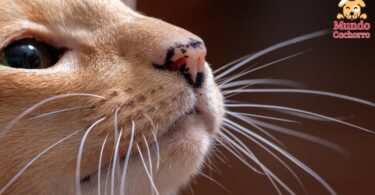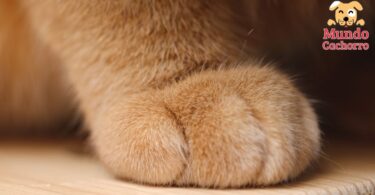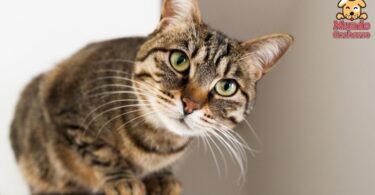Cats go through different nutritional needs throughout their lives. In other words, feeding a young kitten will not be the same as feeding a senior or adult cat. Each stage has its own nutritional requirements that must be taken into account for your cat to develop properly and remain healthy throughout its life.
Indice
Feeding a kitten
Newborn kittens need mother’s milk to meet their feeding needs. If the option is not available, it will be necessary to feed a specially formulated food to a newborn kitten. After four weeks, the kitten will be able to start with the dry food indicated for that age.
In general, industrial foods are usually formulated and specified according to the cat’s life stage. This way you can ensure that you give your cat the essential nutrients it needs to grow and develop properly.
Like any living thing, your kitten needs specific nutrients in order to have strong bones and muscles, to nourish its developing brain and to strengthen its immune system.
What you need
- Carbohydrates and proteins. Cats are strictly carnivores and cannot survive on a diet containing only vegetables and carbohydrates. Proteins present in animal meat should be the main component of a kitten’s diet. If you do not get enough protein, you will have a deficient body and will break down your own muscle to get the nutrients. For example, an essential amino acid for kittens is taurine. It is present only in meat. On the other hand, a diet high in carbohydrates could cause excess weight in your kitten and also lead to intestinal problems.
- Fats. Fats should be an important component of the kitten’s diet. This is because vitamins such as A, D, E and K can be absorbed through fats. In addition, the food will taste better. It is important to know that fats are an excellent source of energy for cats and help them to add oils to their body. This way they can keep their skin and hair healthy. In fact, a low-fat diet may cause dry, flaky skin in a cat, which in turn can increase the likelihood of skin infection. Fats are also important for blood clotting and skin growth.
- Vitamins and minerals. Calcium, phosphorus and vitamin D and other vitamins and minerals are very important for your kitten’s health. These help to improve skeletal stability. A cat that does not receive an adequate amount of vitamins and minerals can cause bone and joint problems.
What to avoid
Foods such as canned tuna or other fish should be avoided in the diet of very young kittens. Raw meat and raw eggs are not recommended either, because of the diseases they may cause. Also, milk can cause diarrhea in kittens.
Image courtesy of https://pixabay.com, all rights reserved.







